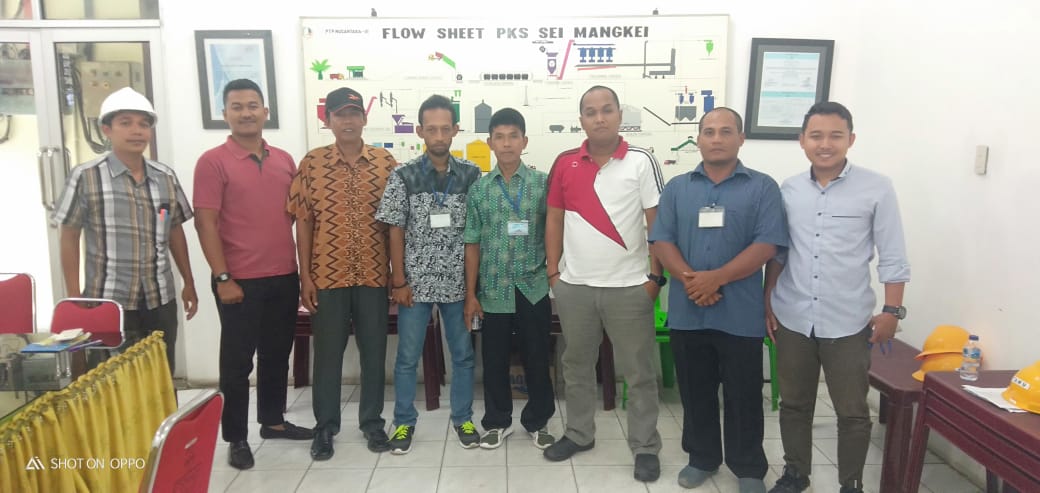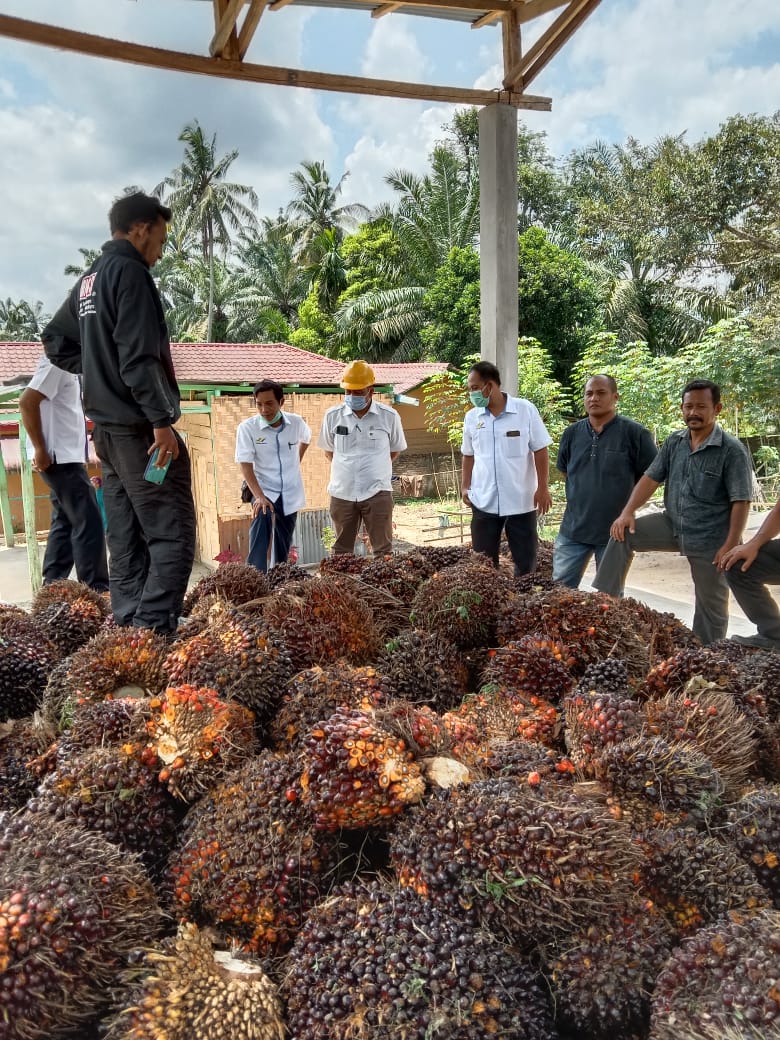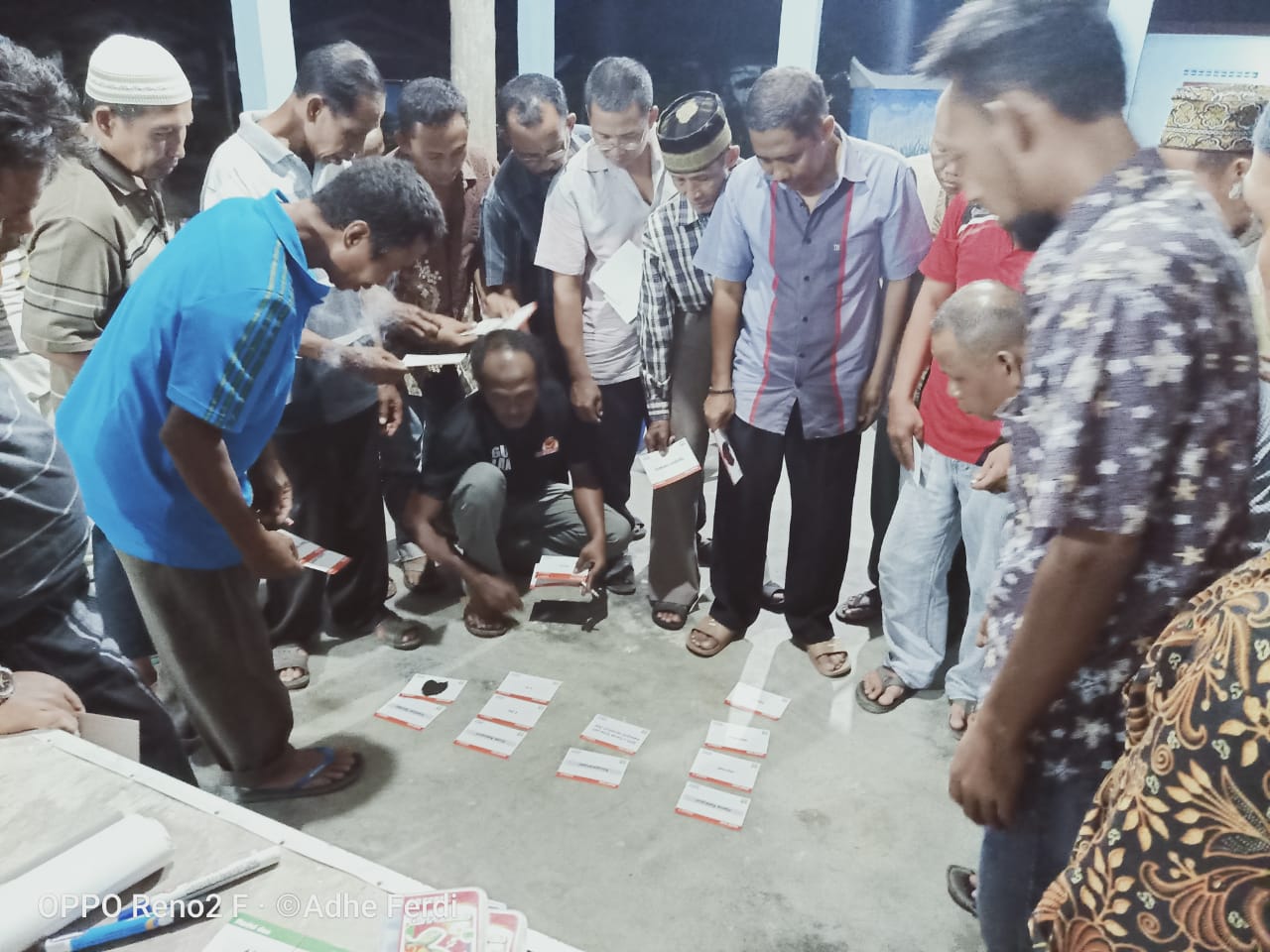
About the group
Number of smallholders: 2500 (1000 Men, 1500 Women)
Total Land Area: 1657.31 Ha
Status: Certified
Group location: Jl. Kapten Kahar Sinaga, Bosar Maligas Village, Bosar Maligas Sub-District, Simalungun District, 21183 North Sumatera Indonesia
Country: Indonesia
On-going Facilitator:
SUSTAINABILITY JOURNEY STORY
Strengthening sheep breeding through sustainable farming practices
The Produsen Mandiri Gaharu Seratus Bosar Maligas Cooperative, located in the Bosar Maligas Sub-District in Simalungun District, North Sumatra, gained RSPO certification in April 2021 using the newly adopted RSPO Independent Smallholder (ISH) Standard. The cooperative met ISH certification for the “eligibility’ phase and can now sell 40 percent of its production volume of fresh fruit bunches as RSPO ISH credits.
Ahmad Safri, who serves as Cooperative Group Manager, said that measures had been put in place to apply best management practices not only in the oil palm sector, but also in sheep livestock activity – both are traditional, agricultural activities in the village. As a result, hundreds of independent oil palm smallholders grouped in this farmer’s cooperative now have greater opportunities to improve the sheep breeding system in their village.
“The main goal is to improve the livelihoods of the independent smallholders, through enhanced productivity,” said Safri. “Along with the importance of staying committed to sustainable practices, the Cooperative has trained smallholders on how to improve the quality of the yields by sustainably managing cultivation.”
Safri added that being certified by the RSPO is a big improvement; in the past, smallholders found it hard to switch to new methods and practices, such as harvest measurement and fertilizer application. But through training and regular discussion, it was possible.
Members of the Cooperative have also learned how to implement robust safety measures across their estates, adopting precautionary practices such as wearing safety glasses and aprons when spraying.
“We expect increased productivity as the farmers now understand how to apply fertilizer and use pesticides more effectively,” said Safri, adding that the farmers were happy to participate in various training and workshops on sustainable and best management practices.
While it was only recently established in 2019, Safri added that the Cooperative was getting stronger in terms of organisational capacity, and is encouraged by the opportunity to improve the livelihoods of its members. Due to its success, the Cooperative has considered assisting other farmers’ associations, specifically those dealing with sheep breeding.
“Since we now have a better understanding of sustainable practices, we can also support other groups. There’s a plan to prepare organic fertilizer from sheep manure. In addition, we plan to strengthen the sheep farmers association through programs in community development and empowerment,” said Safri.
To achieve that, the cooperative needs an extra boost of capital, which they expect to come from proceeds of RSPO credits sales. “We just received the RSPO certificate in April 2021. We are hopeful to get financial benefits from the sale of our RSPO credits very soon so we can use it to fund all cooperative programs to improve members’ livelihoods.”
The Cooperative also expects to have better access by selling the harvests directly to mills. According to Safri, they are in discussion with state-owned oil palm company PTPN III, which also supplies to Unilever. “The Cooperative has submitted a contract proposal to PTPN III. When granted, we will be able to avoid middlemen which would be beneficial to members.”
Under the new ISH RSPO standards, the Cooperative expects to achieve Milestone A within just two years of obtaining the rank of “eligible.” Under this milestone, they would be able to sell 70 percent of their fresh fruit bunch as RSPO Certified. “We need assistance from qualified individuals or organizations in order to achieve the next milestone,” added Safri.
Safri envisions that in the future, the Cooperative will be able to sell their certified sustainable palm oil (CSPO) physically, using the market channel of PTPN III and Unilever who buy IS-CSPO from PTPN-III. “To achieve this, we have to maintain our RSPO Certification by consistently applying sustainable practices,” he added.
Safri hopes that the certification will bring more positive changes in the community in the future. “We are living in this world not only for ourselves, but also for our children. The youth is our next generation. As such, we have a responsibility to protect our earth for the next generation so that they can enjoy the resources from which we currently benefit.”
Project Impact
Total area covered by the project
1657.31 Ha
Number of smallholders benefitting from this project
2500 Smallholders
Number/percentage of women supported by this project
60.00% women in this project
How you can support
As the Cooperative is in their first year of being certified, they need assistance from third parties to continue their mission of empowering farmers to sell physical CSPO. Their efforts benefit downstream players such as Consumer Good Manufacturers and retailers.
To that end, please show your support by purchasing RSPO Smallholders Credits. With your help, the Cooperative will be able to direct more resources toward youth empowerment programs, which are critical to ensuring that the next generation of oil palm farmers understand the sustainable production of palm oil.
GROUP CONTACT
Representative Contact
Ahmad Safri | Group Manager | [email protected] |
Ade
Secretary
(+62) 812-6415-6482
[email protected]
IMAGE GALLERY







